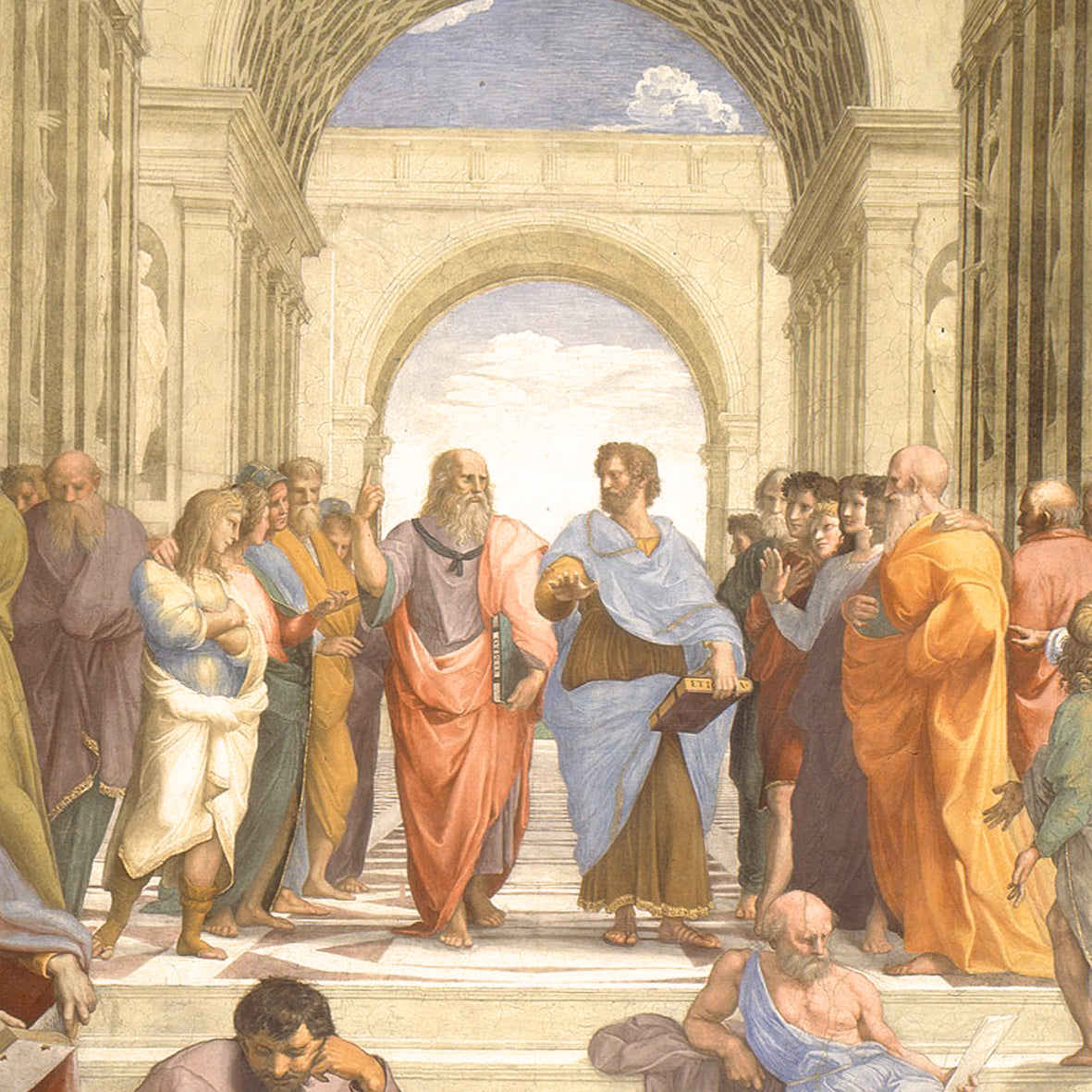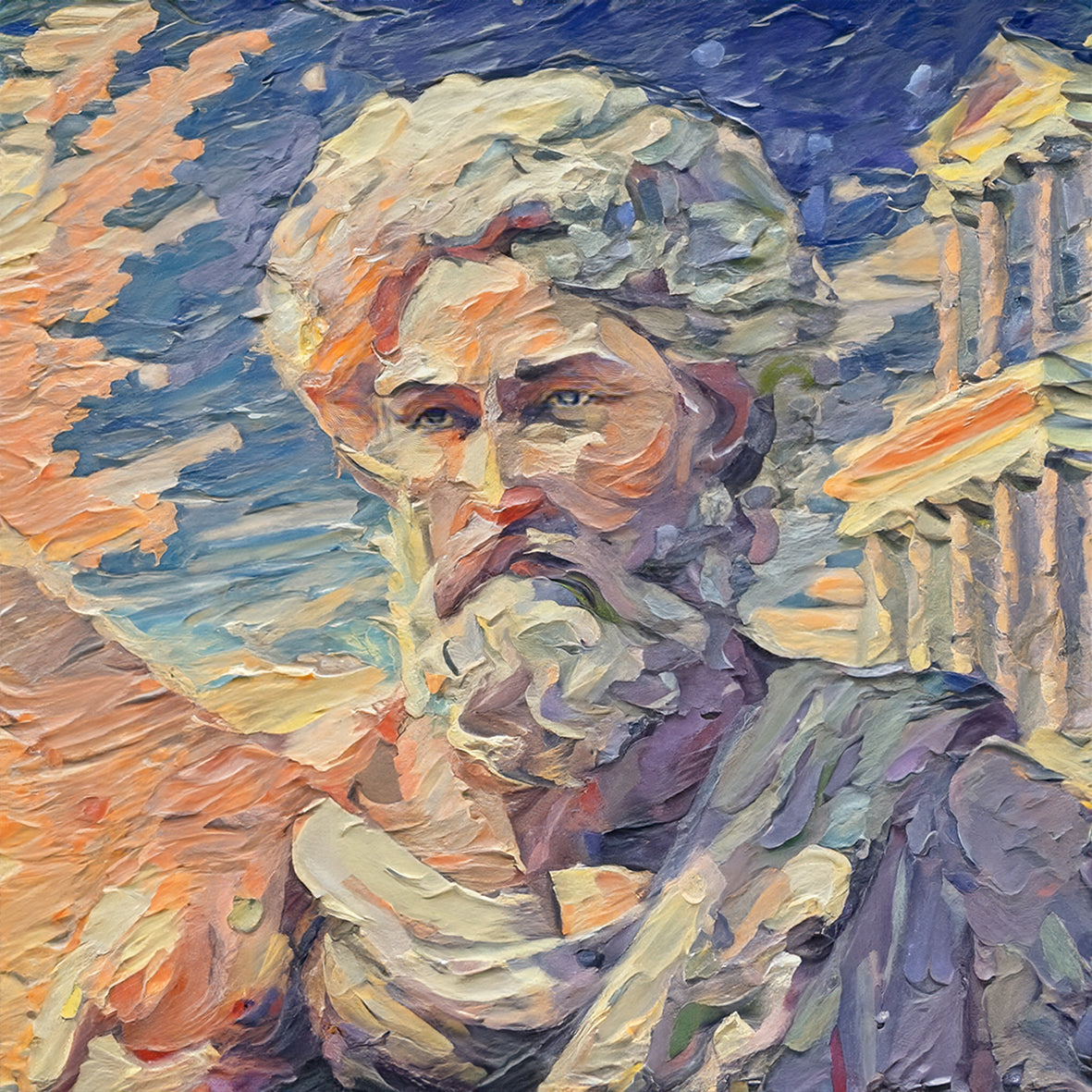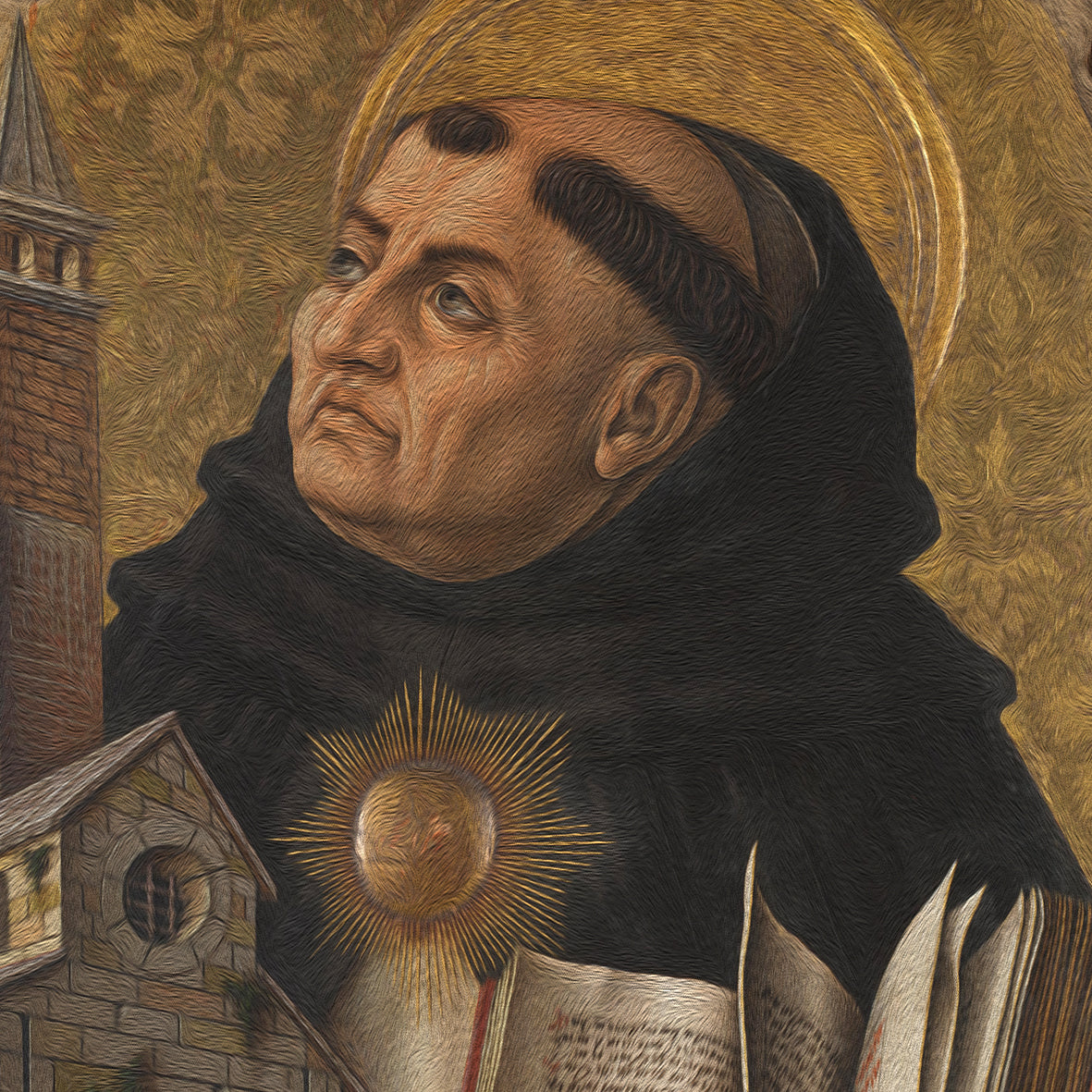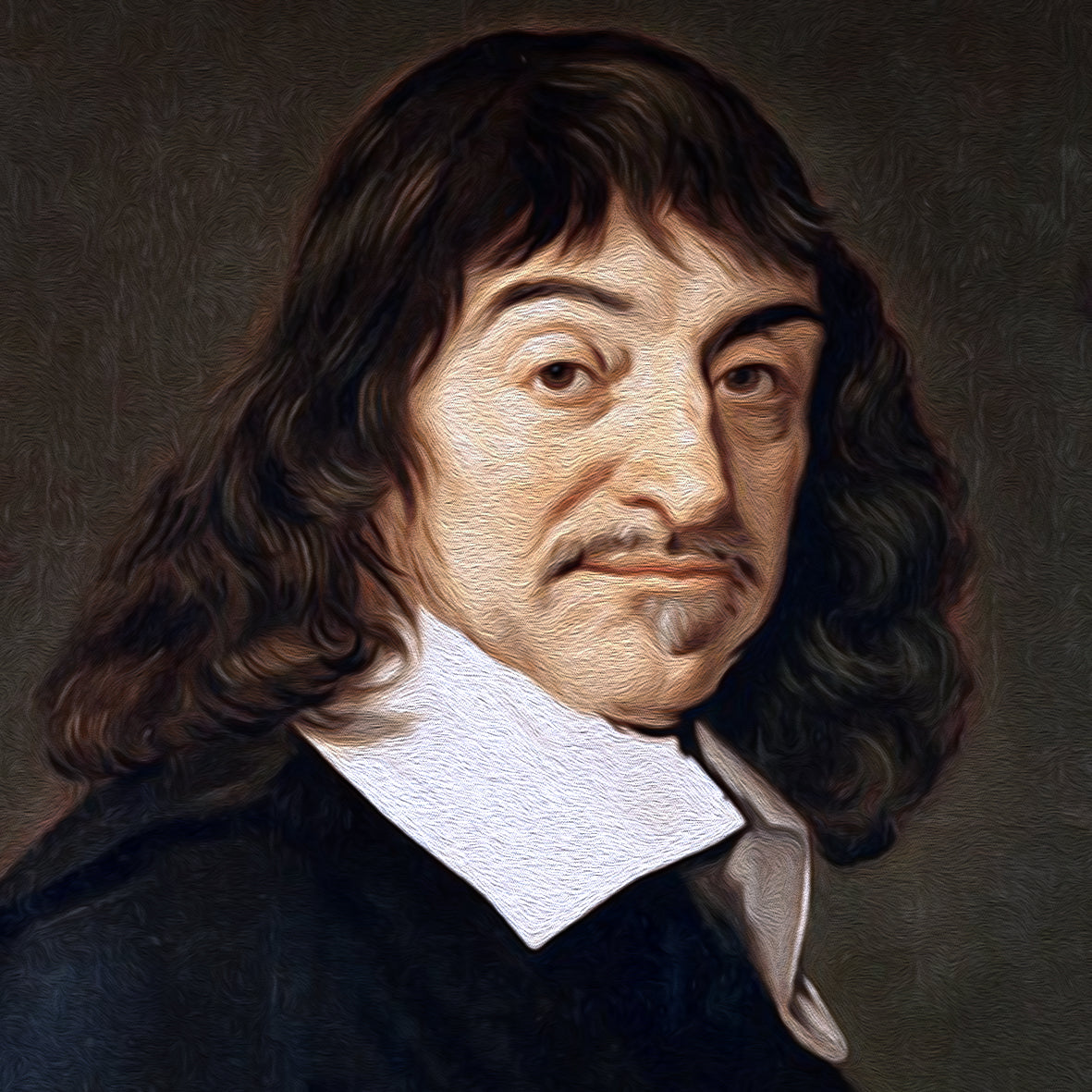The Philosophers

Plato -
Plato, an ancient Greek philosopher born around 427 BCE, profoundly influenced Western thought through his dialogues and philosophical insights. His magnum opus, "The Republic," delved into justice, governance, and the ideal state, shaping political theory for centuries. Plato's relationship with his mentor, Socrates, is immortalised in his dialogues, where Socrates serves as the central character, embodying philosophical inquiry. Plato founded the Academy in Athens, a centre for learning and discussion with future luminaries like Aristotle. His enduring impact is captured in the oft-quoted phrase, "all philosophy is but a footnote to Plato," highlighting his seminal role in laying the foundations of Western philosophy and intellectual tradition.

Marcus Aurelius -
Marcus Aurelius, a Roman Emperor from 161 to 180 CE. Having earned the favour of Emperor Antoninus Pius with his wisdom and competence, Aurelius ascended the throne on Pius’ death. He approached being emperor with a commitment to ethical leadership, guided by Stoic principles of virtue, reason, and duty to the well-being of the Roman Empire and its citizens. “Meditations", his collection of personal reflections and philosophical musings, has profoundly influenced Western thought, providing timeless wisdom on topics such as virtue, resilience, and the pursuit of inner tranquillity in the face of adversity. Aurelius died age 58 while on military campaign against Germanic tribes on the northern frontier.

Thomas Aquinas -
Thomas Aquinas, a Dominican friar and theologian in the 13th century, played a pivotal role in shaping medieval Christian thought through his work "Summa Theologica". His natural law theory provided a foundation for legal and political theory that objective moral standards should inform laws and governance. The principle that certain actions are inherently right or wrong based on their conformity to natural law principles, has informed ethical debates on issues ranging from human rights to environmental stewardship. Natural law theory contributed to notions of the inherent value of human life, justice, human rights, and the rule of law.

Rene Descartes -
René Descartes, a French philosopher and mathematician born in 1596, profoundly influenced Western civilisation through his famous work "Discourse on the Method” published 1637. Descartes' philosophical method prioritised the individual thinker's ability to arrive at truth through introspection and reasoning, rather than relying on authority or tradition. This emphasis on individual autonomy and intellectual independence resonated with Enlightenment ideals of individual liberty and autonomy. Descartes' ideas profoundly influenced Enlightenment thinkers such as John Locke, Isaac Newton, and Voltaire, who built upon his rationalist framework and applied it to various fields of inquiry. He is known for the phrase "Cogito, ergo sum" – "I think, therefore I am."
